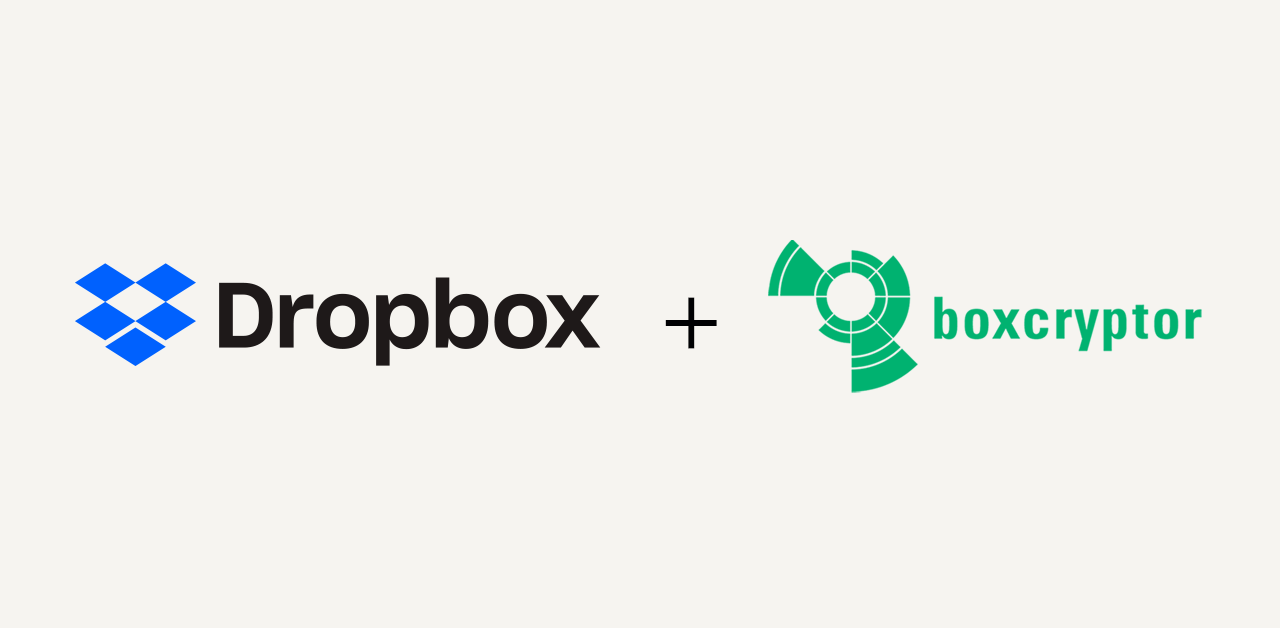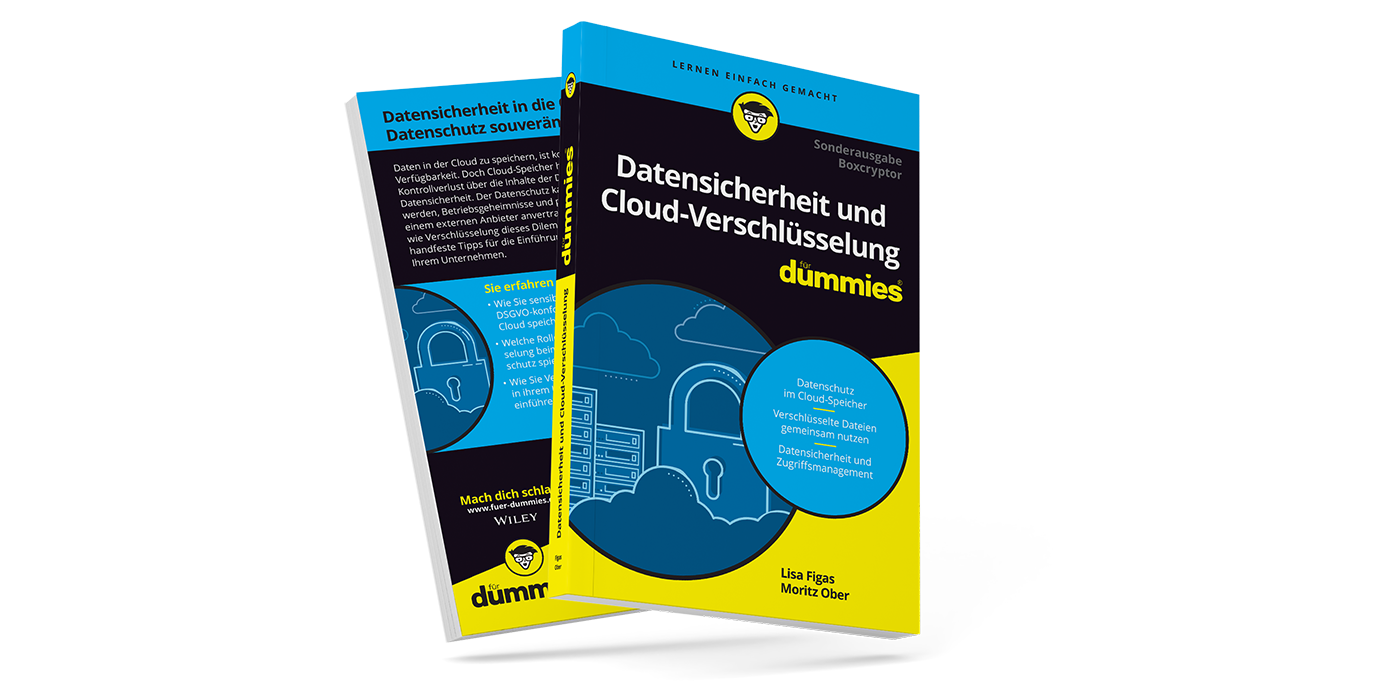Business Clouds - Find the Best Cloud with our Comparison
A constantly rising number of companies are discovering the cloud as a business solution. However, clouds for business have to satisfy different requirements than clouds for private use. In this list we compare four clouds that are popular amongst companies who already shifted their business into the cloud:
First, we will give you a short overview of what you have to be aware of when choosing and working in a cloud.
No. 1 Criteria: Synchronization
Automatic and reliable synchronization is a very important criteria for companies in the cloud. It allows you to work offline with your files in the cloud and should thus be strongly considered.
Using Sync, selected files are synchronized on your computer which means that large files are available instantly, no matter if you are online or offline.
The other solution is remote access, but in this case files have to be sent to your computer via online connection, which takes some time.
Setting up automatic synchronization (Sync) requires more effort by the cloud provider but results in higher convenience for the user. Therefore, we recommend clouds with good synchronization. Furthermore, it is important, that multiple users can access data, while retaining different levels of access rights. It has to be easy to work in a team and to file and share data. Those are the needs most companies have with regard to the cloud. The cloud provider of your choice should offer a business version that is designed specifically for the desires and needs of companies and enterprises.
Following a suggestion from our community, we have included the aspect of maximum file size for synchronization in our comparison and list this key figure with every cloud service.
Data Privacy and the Cloud
For every cloud provider we recommend the use of an additional, independent end-to-end encryption that prevents any third party from accessing your data. To deny any unauthorized access to sensitive business data by third parties, a well working encryption solution is required.
In case your cloud provider gets attacked by a hacker, your data will not be of any use for the cybercriminals. Additionally, you are protected from the provider itself, accessing your data. Furthermore, even if governmental institutions use local law to access data within the cloud, the data cannot be deciphered by anyone, but the owner of the data.
In 2015, ISO, the International Organization for Standardization released a new standard for cloud security: ISO 27017. In the meantime, all of the cloud providers presented by us can demonstrate this new certification - supplementary to the previously applicable standard 27001 ("conventional data centers and services"). However, full protection against access by unauthorized persons can only be achieved by additional encryption of the files.
Encrypting the Cloud
Companies have to meet certain policies in relation to their customer’s data privacy. In Germany and Europe, the General Data Protection Regulation (GDPR) applies to all companies storing and handling personal data of European citizens. The guidelines of the GDPR are strict and often not compliant with privacy policies in non-EU nations. As a consequence, using an American cloud provider (most cloud providers are located in the U.S.) to store data can be problematic, especially when it comes to personal data. Furthermore, all companies should consider certain risks that come with the cloud, such as data breaches or password leaks, as well.
Encryption with zero knowledge standard is a solution to this problem. It ensures full control over the content stored in a public cloud. No one but yourself has access to your sensitive data. And even within an organization or company, policies can be set to grant (or deny) access to specific individuals or departments.
Cloud storages in comparison
1. Microsoft OneDrive for Business
$5 per user per month (1 TB per user)

in 2016, Microsoft OneDrive’s business version has been updated with a new sync-client for Windows and Mac. All your data is synchronized automatically, and therefore available offline. For $5 per month each user gets 1 TB of storage. Compared to Dropbox ($15 per user) this is much cheaper. At Google Drive you also pay $6, but you only get 30 GB. Microsoft limits the size of a file to be synchronized in OneDrive to 15 GB.
Henkel, Dakine and the Dana Holding Corporation are customers of OneDrive for Business. Amongst our enterprise customers, the cloud storage OneDrive in the Microsoft universe (Microsoft Teams, Microsoft 356, SharePoint) is also the cloud provider that is most used by our enterprise customers – as our latest customer survey from spring 2020 showed.
According to Microsoft, your data is encrypted in transit and at rest. However, Microsoft is subject to American data policies (such as the CLOUD Act). Even if a cloud provider does not want to enclose data to authorities, they might be forced to do so. For this reason, it is safer to take security and encryption into your own hands. Zero-knowledge encryption should be the instrument of choice. Files should be encrypted before (!) they leave your device and are moved to the cloud. This way you don’t have to ask the question of trust and can still work just as comfortably with your colleagues in the cloud.
Get more information about this provider here.
2. Dropbox Business
$12,50 per user per month minimum (at least 5TB storage per Team)

Dropbox Business offers more security features than the free version of Dropbox. User friendliness is a high priority at this cloud storage pioneer, therefore the leader in the market of personal clouds is also very popular amongst companies. Security and administration tools make it very easy to use Dropbox Business. One example of a well-known company that uses Dropbox is National Geographic. Dropbox claims that companies using their cloud achieve a rise in productivity and a reduction of costs for infrastructure. Prices may be slightly higher compared to other cloud providers, but in return you get very good infrastructure and usability.
If you want to upload files via the Dropbox website, the file size is limited to 50 GB. Files uploaded directly in the Dropbox software or with the Boxcryptor encryption software can be up to 350 GB in size.
Dropbox stores its data, and therefore your data, at Amazon S3. One month per user costs 12,50 $ minimum and every team (not person) gets at least 5 TB of storage. If necessary, you can upgrade on inquiry to unlimited storage.
You should use additional zero knowledge encryption to keep access to your data under your control. Ideally, of course, with encryption by a Dropbox Premier Technology Partner.
Get more information about this provider here.
3. Google Drive for Business (Google Workspace)
$6 per user per month (30 GB per user)

Google Drive for Business offers good synchronization and offline functionality. Support is available around the clock by phone, chat, or email. Many users appreciate the search function on Google Drive, which allows you to search for keywords in images, PDFs, and notes. However, this function is only possible because Google knows, analyzes, and evaluates the contents of files that are in the cloud.
Although data is encrypted both during data transfer and in storage, Google also holds the keys with which your data can be decrypted. According to the CLOUD Act, American authorities can make use of this decryption – a simple form with a request is sufficient. Additional client-side end-to-end encryption is therefore also necessary with Google Drive.
The price per team member and month starts at $6 with Google Drive in the “Business Starter” plan with 30 GB cloud storage per user. For prices ranging from $12 to $18, businesses in the “Google Workspace” get 2 to 5 TB storage.
With an allowed maximum file size of 5 TB, there are arguably extremely few cases that might result in a file not being able to be uploaded due to the file’s size.
Get more information about this provider here.
4. Box for Companies
Per user per month $7 (at minimum 100 GB per user)

Box is specialized on companies, which means that they developed a user-friendly interface which allows simple file transfer and efficient collaboration. Still, its competitor Dropbox is leading in user friendliness.
With Box, you can start with $7 per team member with 100 GB of memory and a minimum of 3 to a maximum of 10 users. In this version, however, you can only upload files with a maximum size of 2 GB. The Business, Business Plus and Enterprise plans offer unlimited storage space and allow you to upload larger files.
Box encrypts files with AES-256, however without zero knowledge. Box works together with Amazon Web Services. Box supports all major mobile systems and is, according to Business Insider, No. 3 of the most used cloud-apps in companies.
Get more information about this provider here.
Our Comparison in a Nutshell
Due to their high user friendliness and well-engineered cloud technology, we recommend these four big providers. Of course, there are many more cloud providers, also some that emphasize security and that encrypt your data better.
But since the keys for decryption in those cases also stay with the cloud providers, we recommend the use of zero knowledge encryption no matter which provider your company is making use of. This way, full control over the data remains within the company and you can use the market leading clouds without concerns over safety.


